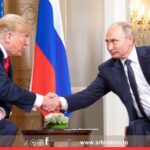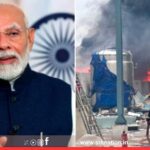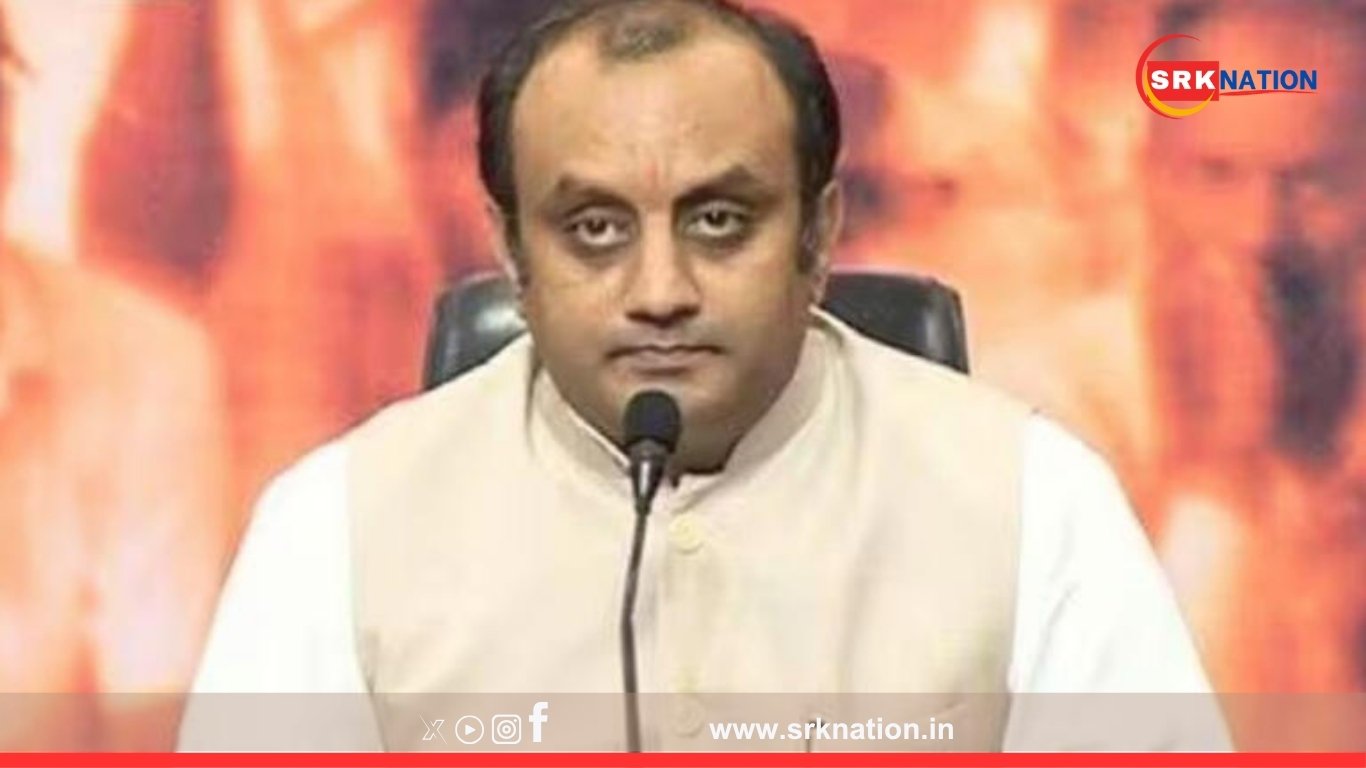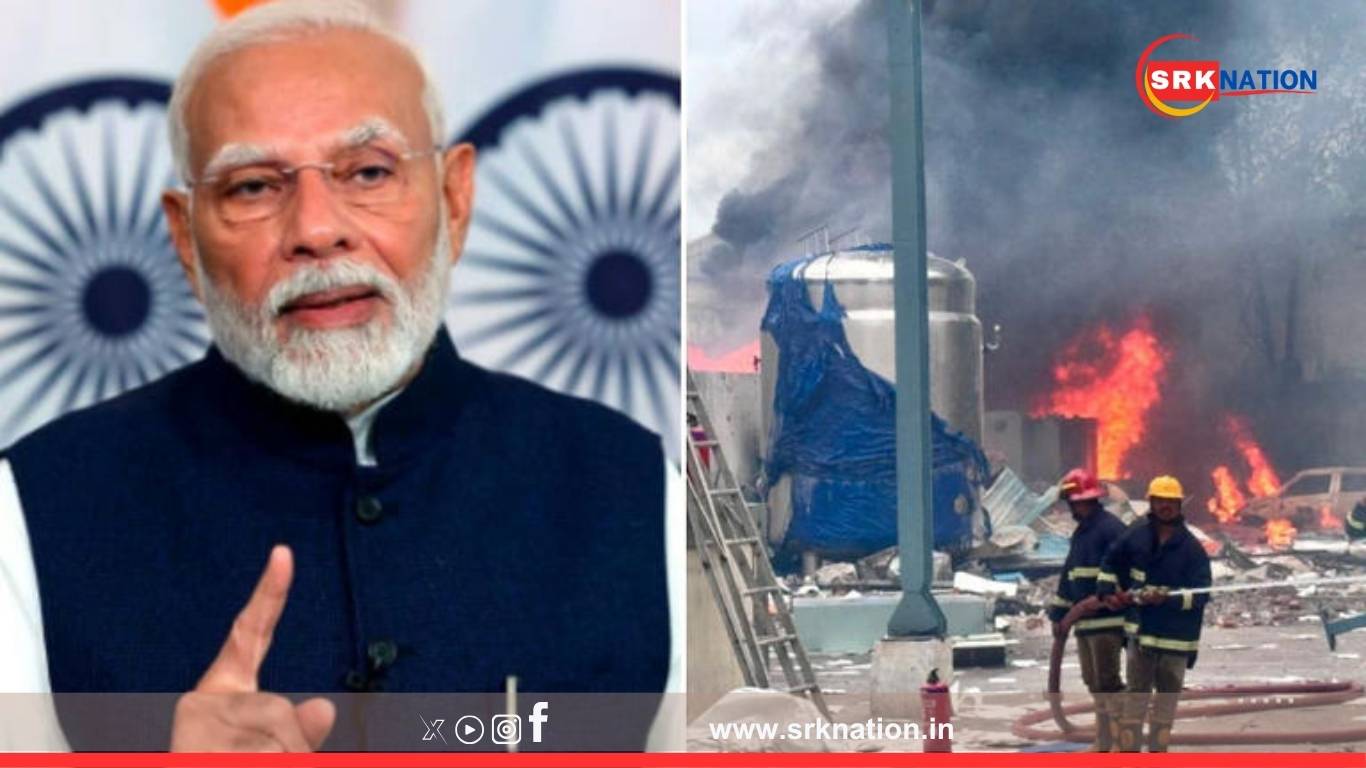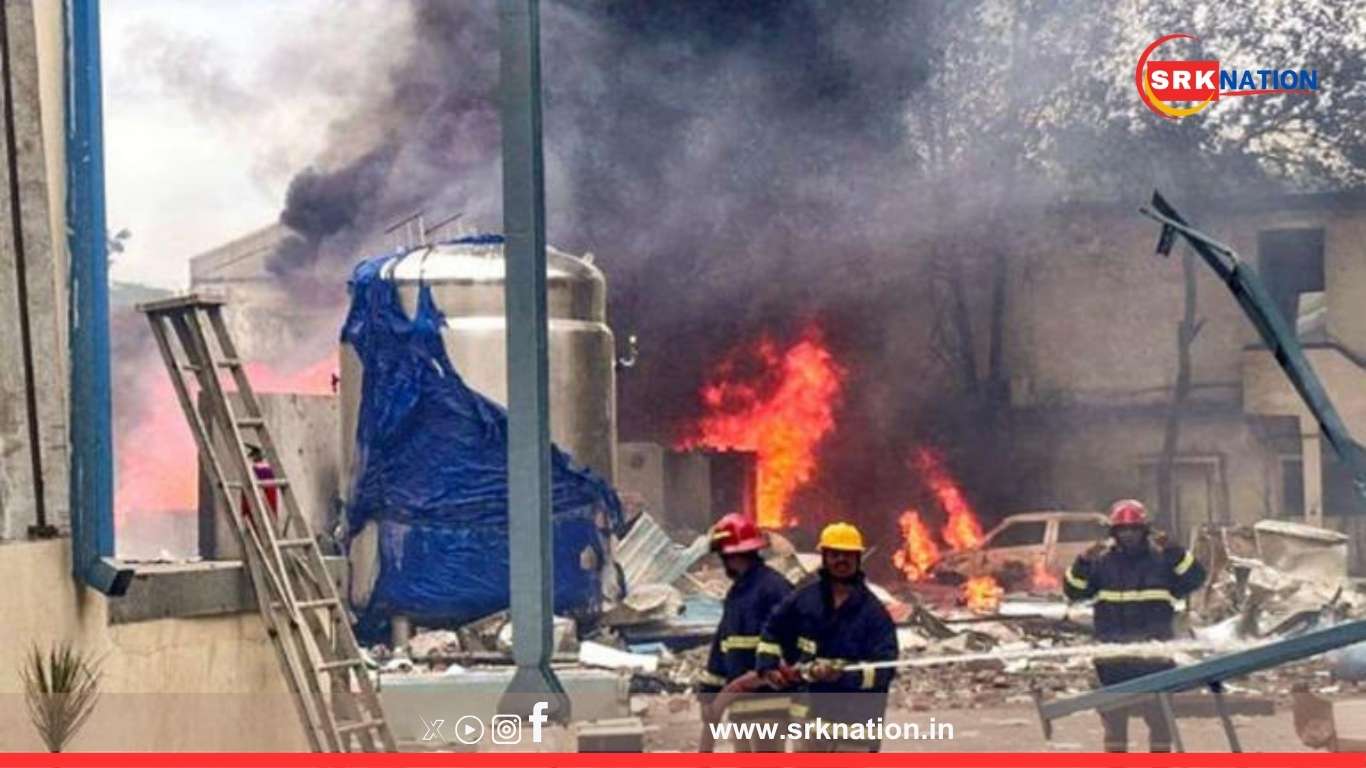On Monday, India and the United Kingdom announced the resumption of negotiations for the proposed free trade agreement (FTA), which aims to double or even triple bilateral trade from the current USD 20 billion over the next decade. The announcement was made by Commerce and Industry Minister Piyush Goyal and UK Secretary of State for Business and Trade Jonathan Reynolds during the latter’s official visit to India.
In a joint media briefing, Goyal emphasized the need for faster and more liberal issuance of visas to facilitate the smooth movement of businessmen and professionals. He also advocated for a social security agreement to avoid double contributions to social security funds by Indian professionals working in the UK for limited periods.
The 14th round of FTA negotiations, which began on January 10 last year, was paused in May 2024 due to the UK elections. With the Labour Party now in power, the negotiations have resumed with a focus on addressing unresolved issues.
The Indian industry is seeking greater access for its skilled professionals, particularly in IT and healthcare, in the UK market. They also demand market access for several goods at zero customs duty. Meanwhile, the UK is pushing for significant cuts in import duties on items like scotch whiskey, electric vehicles, lamb meat, chocolates, and certain confectionery items. Additionally, the UK seeks more opportunities for its services in Indian markets, including telecommunications, legal, and financial services.
Goyal expressed optimism about reducing tariffs to enhance business competitiveness, stating, “Many of the tariffs that India has are really to protect us from non-market and non-transparent economies or economies which are known for predatory pricing or dumping of goods. I think between the UK and India, we have much more flexibility and ability to significantly reduce tariffs to make businesses more competitive between the two countries.”
Reynolds highlighted that securing an FTA with India is a “top” priority for the British government. Both ministers refrained from setting a deadline for concluding the talks, emphasizing the need for a robust agreement that benefits both nations in the long term.
Goyal described the potential FTA as “pathbreaking” and anticipated it would provide significant opportunities to grow the current USD 20 billion bilateral trade in merchandise to possibly two or three times in the next 10 years. He also mentioned that the negotiations for the bilateral investment treaty (BIT) and a Double Contribution Convention Agreement are being conducted parallel to the FTA talks.
While immigration is not part of the trade negotiations, business mobility remains a key issue. Both countries are opening up their services sectors to attract more investments and facilitate business visas linked to these services.
In recent years, India has signed similar pacts with the US, Australia, and the European Free Trade Association (EFTA). Talks are also progressing with the 27-nation European Union, with an EU team set to visit India on February 28.
The bilateral trade between India and the UK increased to USD 21.34 billion in 2023-24 from USD 20.36 billion in 2022-23. Britain remains the sixth-largest investor in India, with foreign direct investment (FDI) totaling USD 35.3 billion between April 2000 and September 2024.

See insights and ads
पोस्ट को प्रमोट करें · Promote post
Like
Comment
Send
Share


